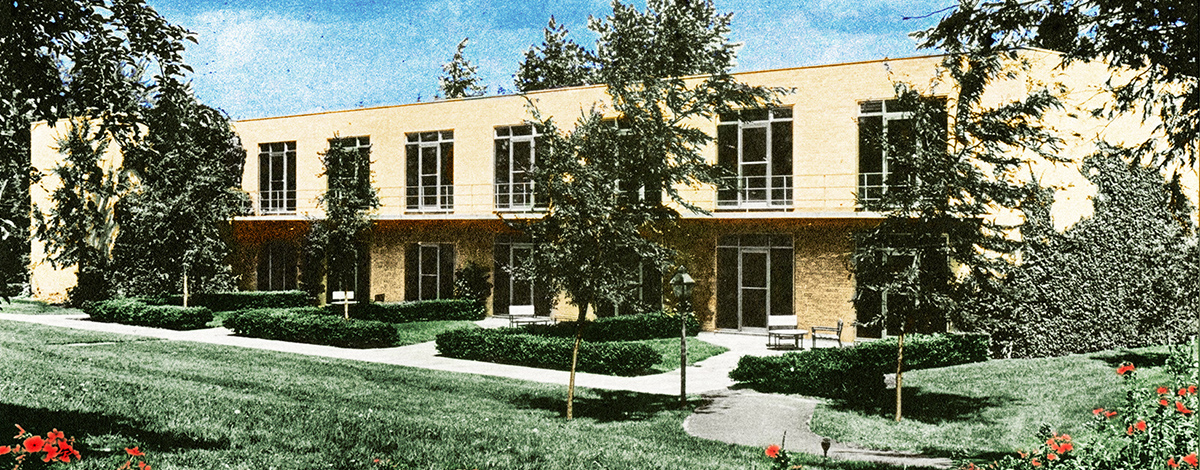2025-2026 Theme Descriptions
Fall 2025: Genres of Proof
What genres does proof assume as it formulates, circulates, and structures knowledge production? If proof often presents itself as incontrovertible evidence that substantiates or debunks truth claims across an array of historical, social, and political contexts, it is nonetheless conceptually evasive: in a scientific and mathematical frame it refers not to evidence itself, but to a means of making evident or clear that which must be or is necessarily true. In a juridical frame, standards of proof have been enshrined to structure how evidence is introduced into arguments and considered by jurists and juries. Genres of proof are also marked by their conceptual entanglement with the history of print: ‘artist’s proof’ and ‘galley proof’ refer to the evolving sequence of impressions made as working drafts of a text or image. On what grounds and in what forms does proof gain its evidentiary and expressive powers? This semester’s theme probes genres of proof and the epistemic conditions and social processes that make them legible within different interpretive communities. How have the humanities, social sciences, and the arts grappled with the legacies and evidentiary practices of empiricism? What work do genres of proof––court transcripts, receipts, timestamped documents, tissue samples, call logs, witness testimonies––perform? What cultural forms, rituals, and fantasies undergird the evidentiary and probative practices of economies, sciences, and state formations? And in what ways do matters of proof matter for the work of scholarship itself? What forms of proof might be needed to account for archival silences, the unrecoverable and unprovable, or counter- and post-factualisms? This theme invites inquiries into the histories, aesthetics, and embodiments of proof and provocations regarding what it might offer our scholarly commitments to methods and genres of truth-telling.
Spring 2026: Doing Nothing/Nothing Doing
Modernity’s normative image of the human is that of an active agent who makes history, contests the prevailing state of affairs through action, and authors the future. Beyond their longstanding attraction to moments of revolution and innovation, the humanities and social sciences continuously exert themselves to identify scenes of resistance, to resolve the contested dialectic between an insurgent agency and an oppressive structure, and to widen the modern conception of agency so as to project it onto ever-broader classes of entities, both human and non-human. Recent invocations to “quiet quit,” nap, and sit with stillness mirror older practices of foot-dragging, the strike, and sabotage as strategies for slowing down the temporal machineries and extractive capacities of capitalism. If one thing can be agreed upon, it is that doing nothing might now and then be the best thing to do. Given this framing of the human in action in ordinary and scholarly thinking, this theme asks what, exactly, is the problem with doing nothing? As the phrase “nothing doing” suggests, inactivity may signal an active refusal (rather than mere absence) of action, a critical negation of a transactional status quo, and thus a way out of constant anticipation or foreboding of something about to happen. What might self-authoring, history-making agents learn from the loafers and apostates to capitalism? What ethics of inaction, practices of self-subordination, and powers of stillness are worth thematizing and cultivating today? This semester’s bifold theme invites inquiries into the ethical, political, and aesthetic grammars of doing nothing and the (im)potent forms of resistant inactivity that provoke the always-hustling busy bodies of crisis-prone modernity.
